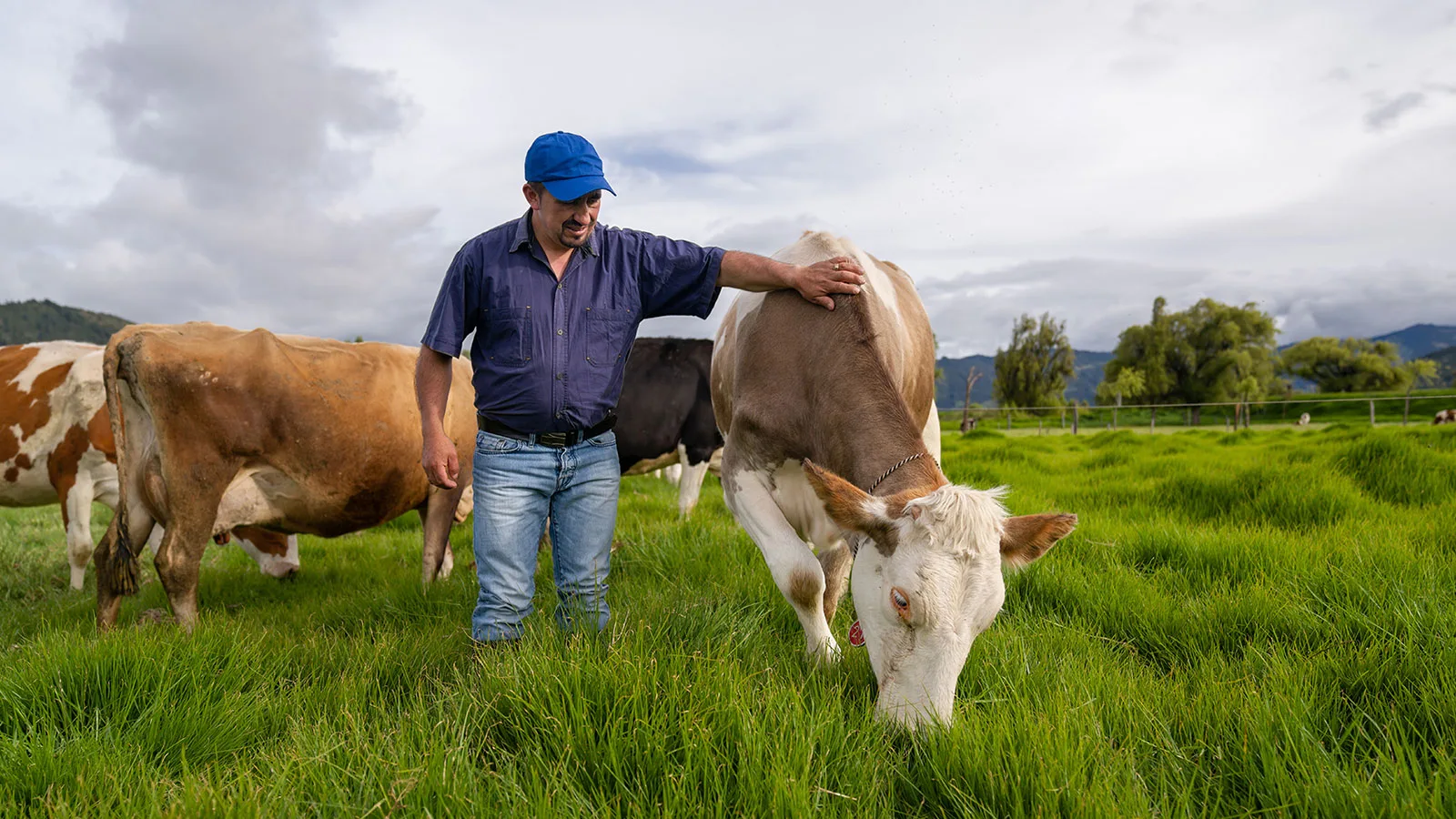Agriculture & Food Priority Tracks
Performance Management
Enhancing business performance and accountability by aligning metrics and frameworks to support decision-making, capital allocation, and the shift towards regenerative agriculture and healthier and more sustainable diets.
Collective and Regional Action
Convening value chain actors, key stakeholders, and members to trigger collaborative efforts and investments in key regions or value chains to drive impactful change and collective solutions in agriculture and food production systems and high-impact landscapes.
Agenda Shaping and Advocacy
Leading advocacy efforts to increase support for ambitious change and strengthen collaboration across value chains and between public and private sectors, while working closely with our thematic and regional teams.
Our Highlights
The 2025 EAT-Lancet Commission
An important scientific contribution to advancing global food systems transformation and a valuable reference point to help businesses enhance resilience, ensure stability, and remain competitive in a changing market.
Food and Agriculture Roadmap
This sets out transformational targets, key action areas and solutions urgently required to transform food systems to achieve environmental sustainability, equitable livelihoods, and healthy and sustainable diets for all.
Business guidance for deeper regeneration
WBCSD and OP2B launched a Regenerative Agriculture Initiative in 2023 to accelerate the transition to farming systems that restore soil health, biodiversity, water, and climate resilience while improving socioeconomic outcomes.
Case Studies: Food & Agriculture
Collection of business actions and examples of collective initiatives that demonstrate how food and agriculture businesses are working together to achieve WBCSD’s vision of a regenerative and equitable food system producing healthy, safe and nutritious food for all.
Related Areas
Healthy & Sustainable Diets
The Healthy and Sustainable Diets workstream drives food systems transformation by developing solutions that support healthy people on a healthy planet.
Emissions Reduction Accelerator
Accelerating Emissions Reduction and Generating Business Value through Value-Chain Transformation
Nature-based Solutions (NbS)
The UN defines Nature-based Solutions, or NbS, as “actions to protect, conserve, restore, sustainably use and manage natural or modified terrestrial, freshwater, coastal and marine ecosystems”.
ONIX
ONIX is a digital public infrastructure to share ag data simply and securely via a unique identifier for all of the world’s farm fields.
Rice Methane Action Alliance (RMA)
Scaling Business-Driven Climate Action in Rice Agriculture . WBCSD has launched the Rice Methane Action Alliance (RMA) in 2025.
Landscape Accelerator: Brazil (LAB)
Regenerative landscapes offer a transformative pathway to align agricultural productivity with climate action, biodiversity conservation, and farmer prosperity.
One Planet Business for Biodiversity (OP2B)
One Planet Business for Biodiversity (OP2B) is an international cross-sectoral, action-oriented business coalition on biodiversity with a specific focus on agriculture.
Soft Commodities Forum (SCF)
The Brazilian Cerrado is the world’s most biodiverse savannah and home to 5% of the planet’s animals and plants.
International Platform for Insetting (IPI)
Part of WBCSD, IPI is a collaborative platform for businesses implementing insetting projects that achieve positive impacts for the environment and communities along their value chains.





